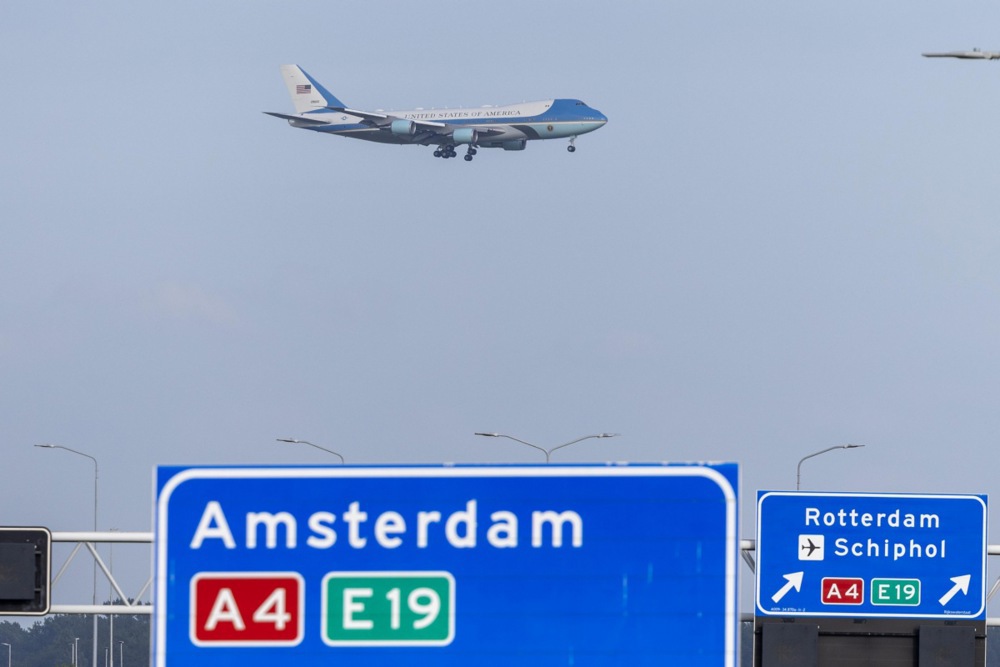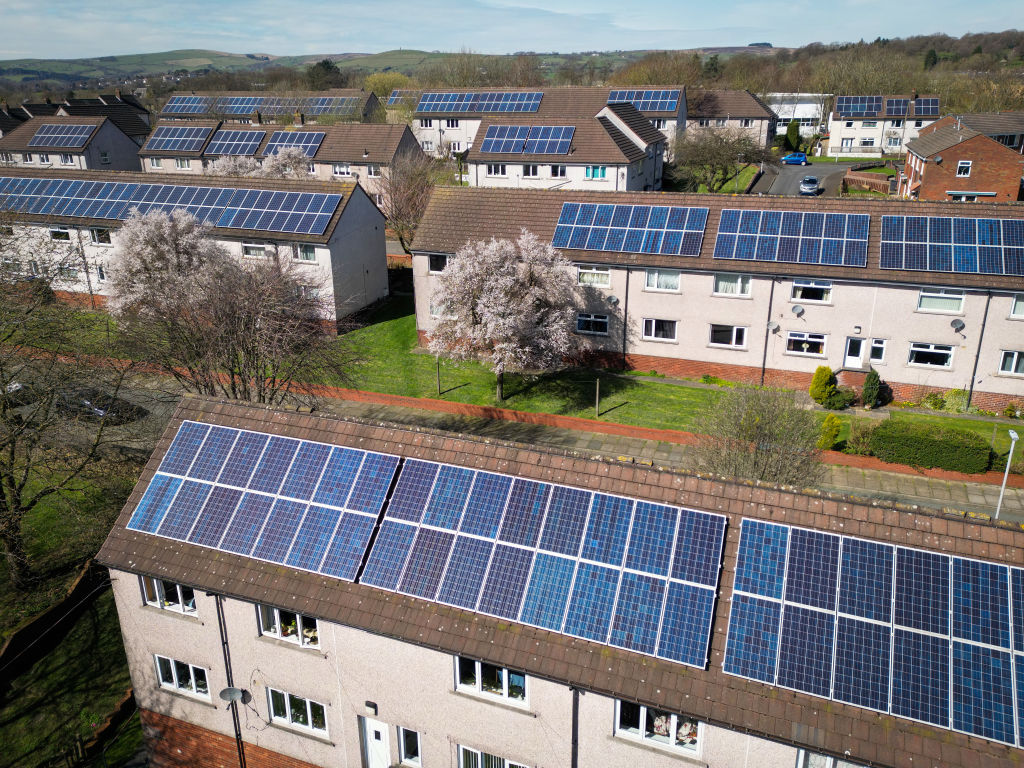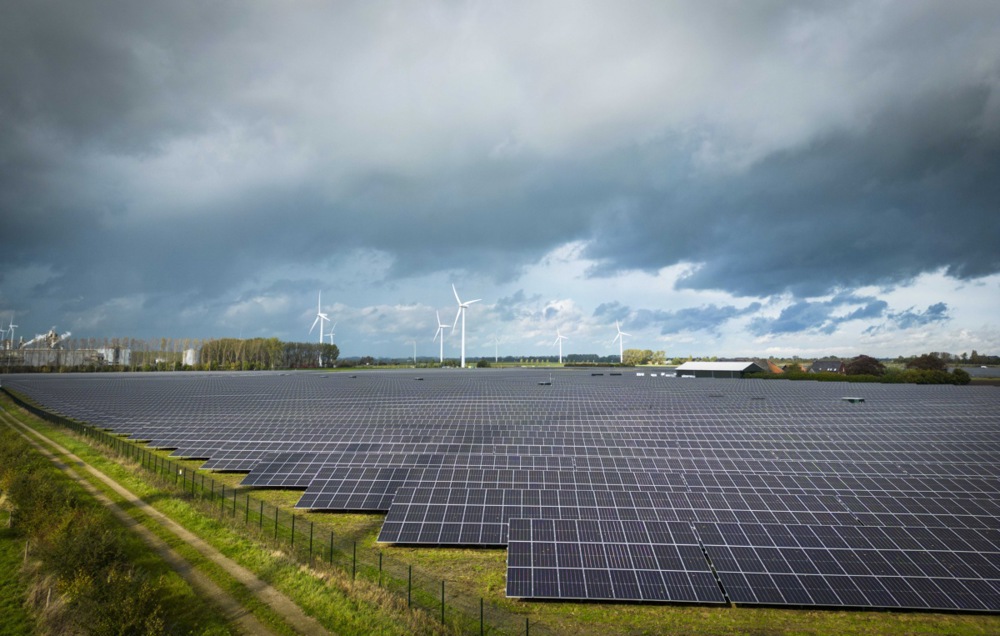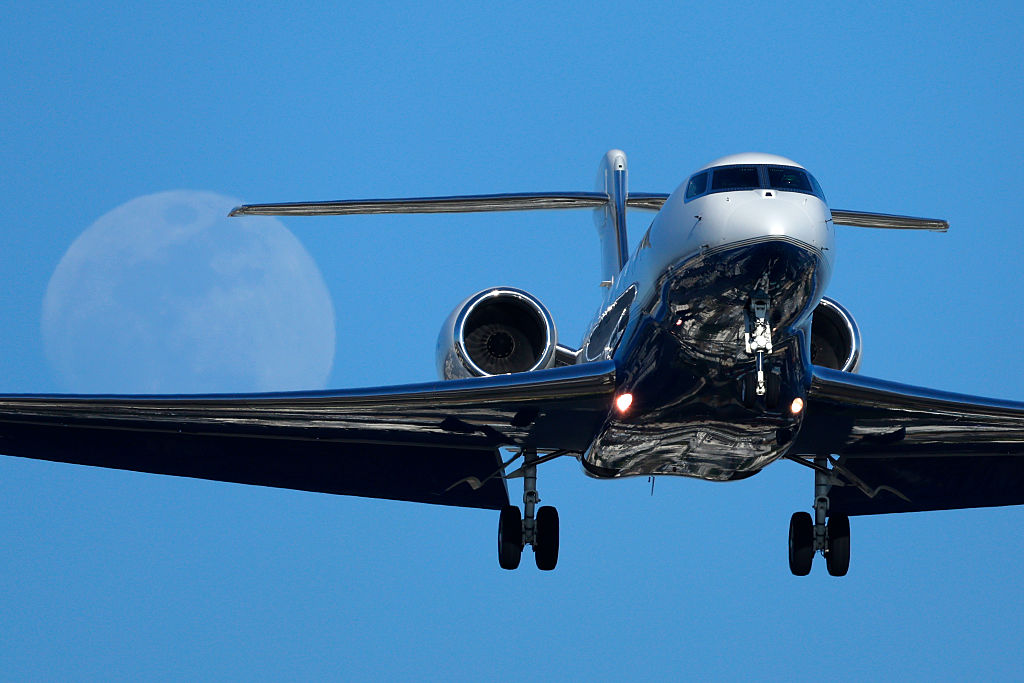A solar panel park near Amsterdam’s Schiphol Airport has been ordered by a judge to remove 78,000 panels after they were found to be blinding aircraft pilots.
Airport authorities said the panels posed a serious safety risk and disrupted air traffic but the solar park owners did not respond.
As a result, in late June, Schiphol took DGEC, the operator De Groene Energie Corridor, to court.
The court gave the operator until mid-October to remove all the panels in its July 16 verdict.
Of the almost 230,000 solar panels at the plant, more than 78,000 of them have to go. Half of them before September 1 and the other half before October 15. The owner was also ordered to bear the costs of removal.
In the preliminary opinion of the interim relief judge, DGEC, as owner of the solar farm, created a situation that caused a serious danger to flight safety. It entailed a significant risk of very serious accidents and must therefore take action.
“By failing to take measures to remove or limit the glare from the solar park, DGEC is acting in violation of social due care and thus unlawfully towards Schiphol,” the court stated
Based on the various investigations, the preliminary relief judge ordered DGEC to remove the panels that impaired the view of pilots.
If DGEC failed to comply with the order in a timely manner, it would incur an initial penalty of €3 million. In addition, it would be subject to a further penalty of €50,000 for each day — or part thereof — that non-compliance continued, up to a maximum total of €50 million.
A solar panel park near Amsterdam’s Schiphol Airport is posing a serious safety risk and disrupting air traffic, according to airport authorities. https://t.co/fpDlUek57q
— Brussels Signal (@brusselssignal) June 30, 2025
During construction, different solar panels were used than originally planned.
At the time it was being built, the aviation sector had recommended using deeply textured glass, which absorbs more sunlight than it reflects.
The solar park’s owner, though, opted for lightly textured glass with an anti-reflective coating. DGEC stated that the recommended type of solar panels was no longer available during construction.
In March alone, the airport’s Polderbaan runway had to be closed on 13 separate occasions for several hours each time, as approaching pilots were unable to see the approach clearly.
Pilot Coen George, vice president of the Association of Dutch Airline Pilots (VNV), told news channel NOS the runway with the most issues was one of Schiphol’s most heavily used. It was also the best in terms of ambient noise because aeroplanes using it flew over the least amount of buildings in the area, he said.
According leading Dutch airline KLM, the closure of the runways could result in losses for airlines amounting to millions of euros per day.
DGEC disputed that the solar park posed a safety risk, arguing it was constructed in full compliance with the applicable permit conditions. The company maintained that the pilots’ reports were subjective and related to only a very small percentage of total landings.
It proposed that Schiphol itself could take measures, such as closing the affected runways on sunny days or issuing warnings to pilots so they could wear sunglasses.
DGEC expressed disappointment with the court’s ruling and emphasised that there was no disagreement over the importance of prioritising aviation safety.
The key issue, it said, was determining which party should take the necessary measures to ensure that safety — and who should bear the associated financial burden.





